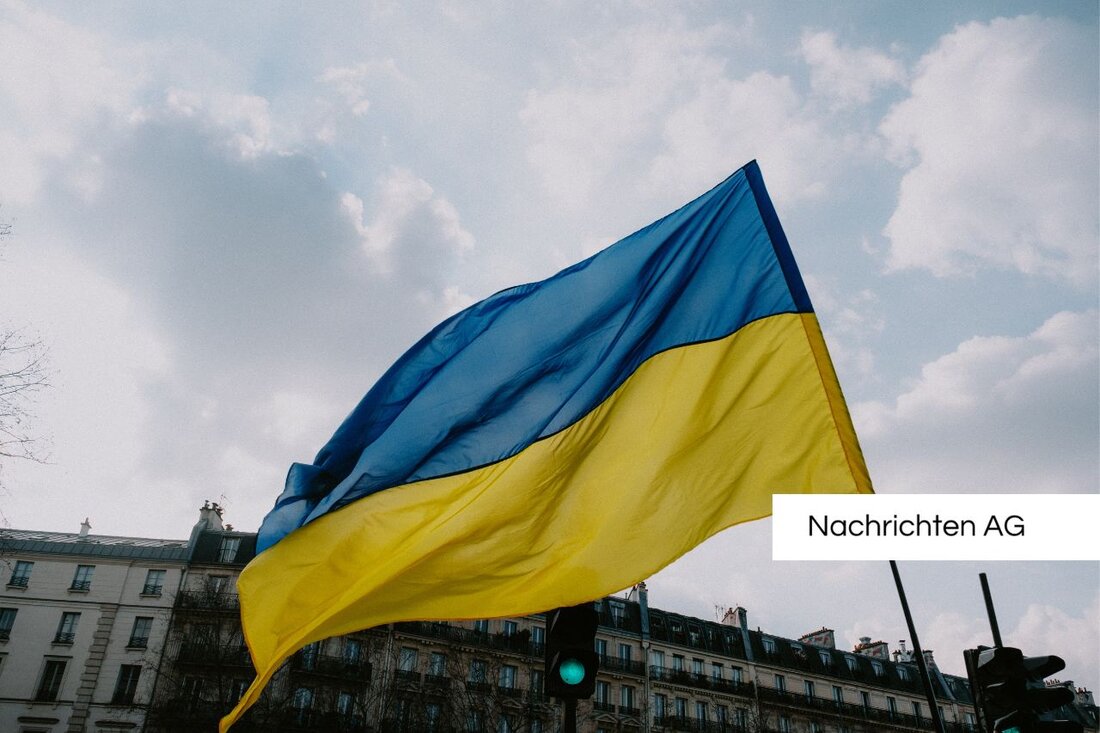Kickl warns: Meinl-Reisinger's policies endanger Austria's neutrality!
FPÖ leader Kickl sharply criticizes Foreign Minister Meinl-Reisinger for her foreign policy and emphasizes the importance of Austrian neutrality.

Kickl warns: Meinl-Reisinger's policies endanger Austria's neutrality!
FPÖ leader Herbert Kickl has sharply criticized Foreign Minister Beate Meinl-Reisinger and described her statements as an “extremely dangerous attack on Austrian neutrality”. These comments come after Meinl-Reisinger rejected former Russian President Dmitry Medvedev's threat to use military force on Austria if it joined NATO. According to Meinl-Reisinger, this threat is “unacceptable”. She advocates increasing pressure on Moscow and ending the spiral of violence in the Middle East, which Kickl criticizes as security policy madness for a neutral country.
Kickl emphasizes that Meinl-Reisinger's foreign policy should be in the tradition of responsible politics, which he links to the era of Bruno Kreisky. He also accuses the minister of following the EU bureaucracy uncritically. Her last trip to Ukraine, during which she posed in traditional national costume, also met with his strong disapproval. In FPÖ circles, the NEOS, to which Meinl-Reisinger belongs, have been described as “warmongering” since the beginning of the Russian war of aggression on Ukraine.
The problem of neutrality
Meinl-Reisinger had also said that neutrality alone was not enough to protect Austria. This statement has opened up new space for discussion about possible NATO membership, although it acknowledges that there are currently no majorities in favor of it. Kickl, on the other hand, sees Austria's neutrality as an essential protective shield and explains that anyone who does not understand it as such should have no place in the government. He also calls for a return to the values and traditions that have shaped Austrian neutrality.
In this context, Martin Senn talks about the dimensions of Austrian neutrality, which aims to shape the neutrality policy, secure it externally and deter potential aggressors. His analysis shows that Austria's neutrality policy was developed in different phases, from consolidation in 1955, through a phase of expansion in the 1970s and 1980s, to reorientation after the Cold War.
Political developments and challenges
The political discussions surrounding neutrality are not new and are very well received by the Austrian population, especially after critical global political developments. Support for neutrality has increased, especially after NATO interventions and global security challenges.
Nevertheless, some political groups, particularly the NEOS, see the need for greater institutional integration within a European army. The government program for 2020-2024 highlights the importance of an active neutrality policy and sees this as a contribution to peace and security in Europe and beyond.
As the debate about neutrality shows, this issue remains very important and is interpreted differently by different political actors. The concerns of Kickl and the FPÖ about possible changes in foreign policy stand in contrast to the demands of NEOS, which underlines the need for a clear political position regarding Austria's neutral role in a changing world politics.
For further information, you can view the detailed analysis of Austrian neutrality on Parlament.gv.at and the reporting on oe24 and Heute.at.

 Suche
Suche
